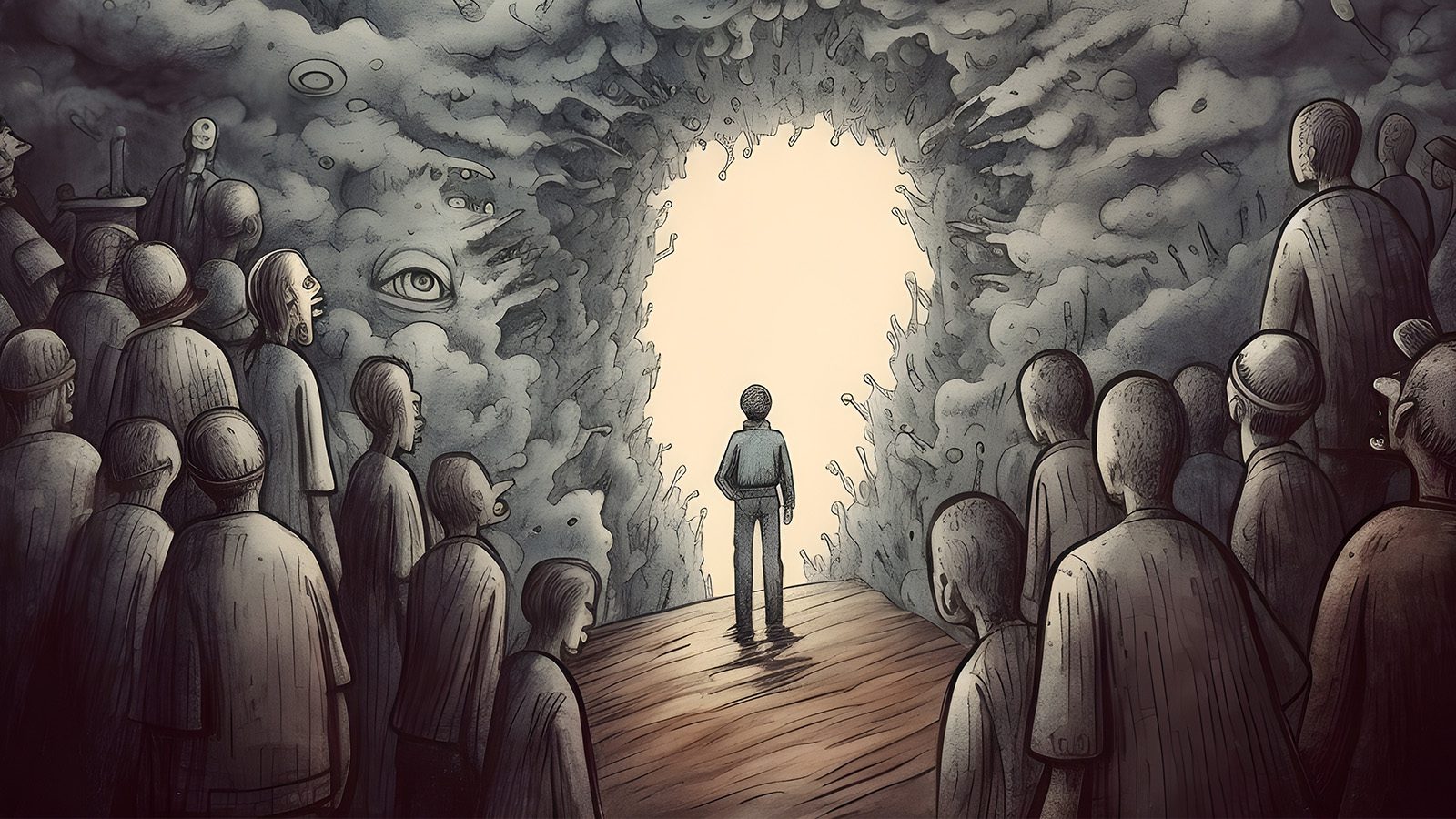Do you find yourself obsessing and overanalyzing everything? Do you feel fatigued or anxious during those times? Overthinking has become a world epidemic that leads to severe depression and anxiety disorders. Through extensive research, psychology professor Susan Nolen-Hoeksema of the University of Michigan found that overthinking is prevalent in young and middle-aged adults, with 73% of 25-35 year-olds identified as overthinkers. There are also more women (57%) than men (43%) as overthinkers.
Here are 5 signs that you are an overthinker:
1. Do you have trouble detaching from your thoughts before going to sleep?
Overthinkers cannot separate from the obsession of worrying. Insomnia is very common. You spend the night over-analyzing the issue without getting to a solution. The thoughts replay themselves over and over until you feel paralyzed. Because you don’t rest, you are prominent to depression.
A healthy suggestion is to write your thoughts down before retiring. Keep a journal with your feeling and allow that to also be a way to release the nervous energy. Creating, painting or doing a hobby in the evening allows for the mind to detach from the thoughts while keeping your emotional body focused on something positive.
2. Do you live in fear of what might happen?
The overthinker feels paralyzed with anxiety worrying about the “what if’s” instead of living in the moment. In the research Nolen-Hoeksema found that this is the reason overthinkers are more likely to turn to alcohol and drugs in order to drown the constant worrying.
A good advice in dealing with those future fears is to give yourself a time everyday to overthink. If you are going to overthink give yourself permission to have an appointment with the thoughts. Use 15 minutest and time the session. During that time you can document the thoughts or speak out loud to yourself. Creating a habit and ritual will eventually break the other habits of overthinking all day long. It’s replacing one negative reinforcement with a positive action.
3. Do you constantly over analyze?
Overthinkers are quite exhausted and stricken by anxiety. Depression is always hanging over them. The overthinking mind feels out of control. They cannot grasp any solution. Dr. Pene Schmidt from the University of Melbourne’s School of Behaviour Science, suggests, “Remember, while we may not be able to control different situations in our lives, we can control the way we respond to them.”
She also suggests that when the mind starts to create negative thoughts to ask yourself, “What are the effects of these thoughts? Is there a solution that can be reached right now?”
When you find yourself over analyzing try to take deep breaths. Close your eyes and meditate for a few minutes. Think of a special place that you love and brings you joy. Stop projecting yourself in the future. You cannot manage what has not happened.
4. Are you a perfectionist and take things personally?
Do you worry about failing? The overthinker usually has low self-esteem full of doubts. The mind goes on overdrive thinking about how others will view you. Realize that no one is perfect. The imperfection is magnified in giving up without even trying to accomplish whatever is swirling in the mind. Striving for perfection is always a recipe for disaster. Take baby steps. See the big picture and shift those emotions from: “I can’t do this because I will be ridiculed” to “I am incredibly brave for doing this.”
5. Do you second guess yourself?
Overthinkers are indecisive and tend to live with many regrets. Overthinking is not a genetic disposition. It is a learned behavior. Therefore, when the mind starts to go to a place of unstructured thoughts it is because of past experiences. The overthinker believes that they will repeat the same mistake over and over through different scenarios. Panic then dictates every possible decision.
Avoid situations that can lead to the stressors of overthinking. You can determine what causes you to stress over a particular decision. If you did something one way in the past then try doing it another way now. Work on goals and map out how you will get there without second-guessing every move. Do your research. Researching dissipates the fear of the unknown.
Forming positive thoughts and actions diminishes the fears of stress. In order to stop the overthinking mind, keep yourself busy with positive reinforcements: exercise, creating, sharing, being outdoors, and reaching out to friends and family. Having a support system helps eliminate the negative thought pattern.
“We are dying from overthinking. We are slowly killing ourselves by thinking about everything. Think, think, think. You can never trust the human mind anyway. It’s a death trap.”~ Anthony Hopkins
















